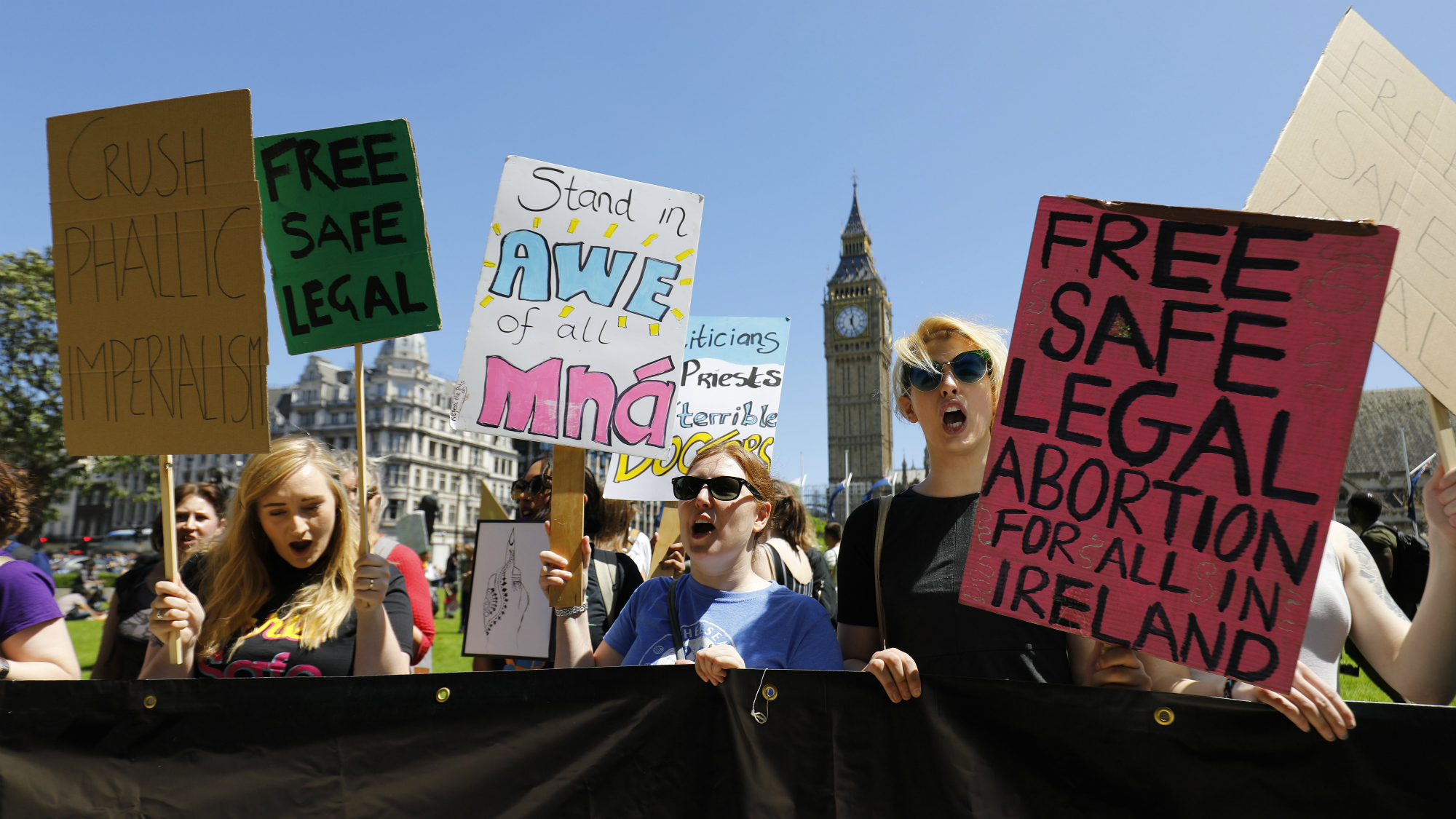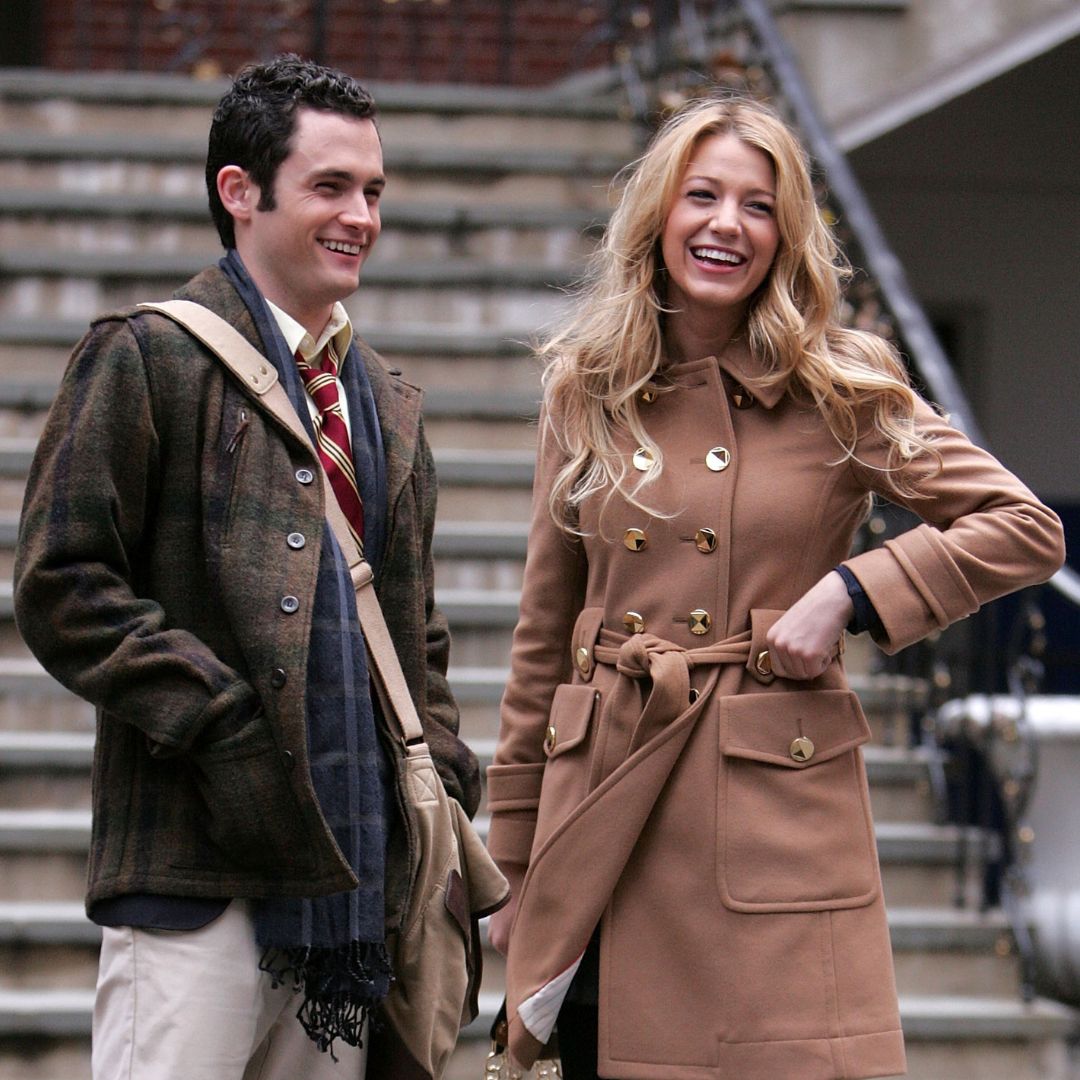'Abortion should be treated as what it is: healthcare, a basic human right'
After the 50th anniversary of the 1967 Abortion Act last month, we still have a long way to go in the fight for women to have the freedom of choice when it comes to abortion, say Hannah Little and Cara Sanquest from the London-Irish Abortion Rights Campaign

After the 50th anniversary of the 1967 Abortion Act last month, we still have a long way to go in the fight for women to have the freedom of choice when it comes to abortion, say Hannah Little and Cara Sanquest from the London-Irish Abortion Rights Campaign
'It was recently the 50th anniversary of the 1967 Abortion Act, and today there are whole generations of women in Britain who have had access to free, safe abortions. For many women and girls, they will have no recollection of a time when women felt forced into performing dangerous backstreet abortions, or were hauled before the courts for something which mainstream society now considers fair healthcare.
The changes that the 1967 legislation brought were huge. Through it, women were given greater bodily autonomy and a seismic social shift occurred in recognising that women, and women alone, should have the choice to do what they want with their bodies.
However, as we approach the fifty year milestone, it is important to remember that the abortion rights battle is far from fully won. Although Northern Ireland is part of the UK, the Abortion Act does not apply there and terminations remain a criminal offence carrying a sentence of life in prison. Recently, the matter has become all the more urgent as in the last few years the police have begun cracking down on women and girls accused of breaking the abortion ban.
Last April, a young woman was arrested on suspicion of having an abortion, after she performed one on herself at her Belfast home, using pills bought online. She pleaded guilty and was given a suspended sentence. Another woman is currently awaiting trial, accused of helping her 15-year-old daughter to have an illegal abortion in Northern Ireland.
'I am most certainly not a feminist' - debating abortion with pro-Life millennials
Thousands of women travel from Northern Ireland to other parts of the UK every year, to have an abortion. They are the more fortunate ones, as many of the most vulnerable women and girls in Northern Irish society simply don’t have the option to travel. Finding hundreds of pounds for last minute flights and hotel bills can be prohibitive to women who are not well off. Similarly, many women who have insecure immigration or legal status are unable to leave the country. Women in abusive relationships can be refused ‘permission’ by partners to leave the area or to access passports or money needed.
Marie Claire Newsletter
Celebrity news, beauty, fashion advice, and fascinating features, delivered straight to your inbox!
The status quo should shame us all. Women and girls in Northern Ireland are treated as collateral damage in a society which instead prioritises the views of religious groups and conservative politicians when making laws. Instead, abortion should be treated as what it is - healthcare, not a shameful secret or political matter.
In the south of Ireland, a country is due to hold a referendum on its own abortion ban this coming summer. There, abortion is a criminal offence carrying a sentence of 14 years in prison due to a clause in the constitution known as the Eighth Amendment which gives a foetus equal rights to life as a pregnant person. Reproductive rights campaigners will be arguing the case for the Eighth Amendment to be repealed and instead access to free, safe and legal abortion provided. However, religious and conservative groups are campaigning for the Eighth Amendment to stay and advocate for the retention of a system which criminalises and shames women.
In societies where abortion is illegal, the issue becomes not only about reproductive rights but the wider issue of how women and girls are treated. It seeps into a wider societal issue whereby women are expected to feel shame and accept governmental control of their bodies. The denial of bodily autonomy is a refusal to accept women and girls as full equals in society, as people who are rational beings capable of making difficult and personal decisions. Insisting that women travel to another country for healthcare, or perform potentially dangerous procedures on themselves at home, is a denial of human rights. A society which refuses to allow women and girls autonomy and choice is a society in which we can never be truly free.'
Although there’s still a lot of work to do when it comes to abortion rights, there are clear signs we’re definitely making progress. The vote for a ‘buffer zone’ to prevent pro-life campaigners from protesting around an Ealing abortion clinic last month felt like a small victory.
And yesterday, after a survey of its sixteen thousand members made up of GPs, nurses, midwives and specialists revealed they were ‘overwhelmingly’ in favour, the Faculty of Sexual and Reproductive Health appealed for the decriminalisation of abortion throughout the UK.
To this day, abortion is technically a criminal offence in the UK, under the Offences Against the Person Act 1861. It’s only allowed under the 1967 Abortion Act exemptions and, unlike any other medical procedure, it requires the consent of two doctors.
This landmark development isn’t only going to push to make abortion legal - it will also demand that women can take their abortion medication (mifepristone and then misoprostol) at home, meaning that no woman will have to take their pill in a clinic before going through an induced miscarriage on their journey home ever again. The FSRH also support the provision of ‘contraceptive advice, information, and care to all women who want it’ in abortion clinics.
This vote deals with abortion as a purely medical matter, and recognises that the abortion law is outdated and simply no longer fit for purpose. It certainly represents a big step towards giving more women full agency over their bodies and their futures.
The leading destination for fashion, beauty, shopping and finger-on-the-pulse views on the latest issues. Marie Claire's travel content helps you delight in discovering new destinations around the globe, offering a unique – and sometimes unchartered – travel experience. From new hotel openings to the destinations tipped to take over our travel calendars, this iconic name has it covered.
-
 Penn Badgley and Blake Lively kept their breakup a secret from the Gossip Girl cast and crew - here's what we know about their former relationship
Penn Badgley and Blake Lively kept their breakup a secret from the Gossip Girl cast and crew - here's what we know about their former relationshipBy Jenny Proudfoot
-
 Spring has finally sprung - 6 best outdoor workouts that are totally free and boost both body and mind
Spring has finally sprung - 6 best outdoor workouts that are totally free and boost both body and mindSoak in the nature and boost Vitamin D *and* endorphins.
By Anna Bartter
-
 This iconic rose perfume is a compliment magnet—it makes me feel ‘put together’ after just one spritz
This iconic rose perfume is a compliment magnet—it makes me feel ‘put together’ after just one spritzGrown-up and elegant, yet not at all dated.
By Denise Primbet